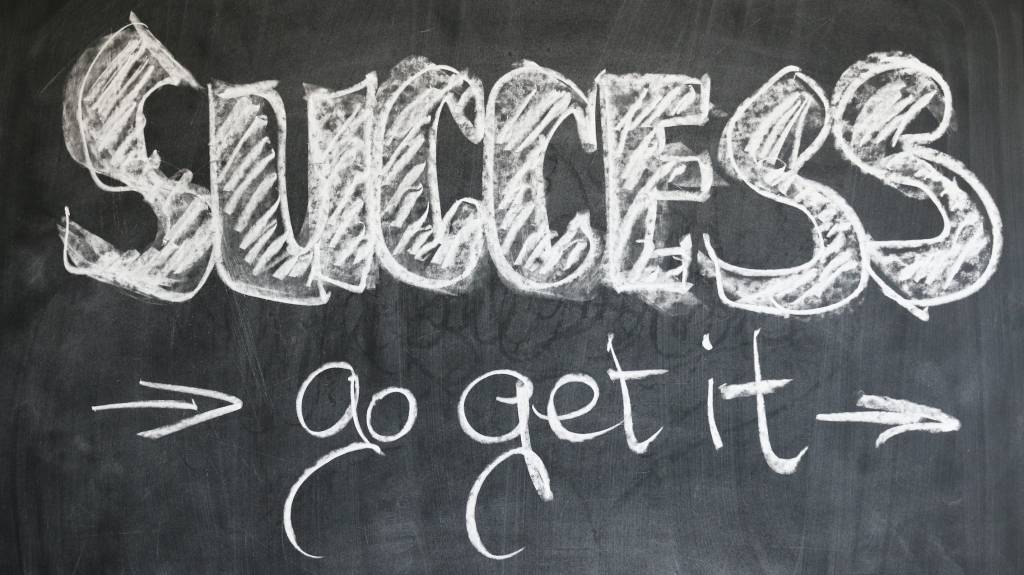The Expectations Effect: Strategies for Encouraging Positive Behavior and Achieving Success
- by Mike Groenen
- 2023-02-22
- 1979 views
- Reading time: 3 minutes

Behavior refers to the actions and reactions of individuals in response to their environment and the stimuli they encounter. Understanding and managing our own behavior, as well as the behavior of others, is a critical aspect of our personal and professional lives.
There are many different factors that can influence our behavior, including our genetics, upbringing, environment, experiences, and beliefs. Some common behaviors include communication, problem-solving, decision-making, motivation, and social interaction.
One important aspect of managing behavior is to understand our own tendencies and habits, and to identify areas where we can make improvements. This can be done through self-reflection and self-awareness, as well as seeking feedback from others.
Another key aspect of behavior is to understand and respond effectively to the behavior of others. This includes developing effective communication skills, practicing empathy, and using positive reinforcement and other motivational strategies to encourage desired behaviors.
There are also a variety of tools and techniques that can be used to manage behavior, including behavior modification programs, therapy, and coaching. These methods can help individuals understand their behavior patterns and develop strategies to change or improve them.
Whether it is our own behavior or the behavior of others, understanding and managing behavior is a critical component of personal and professional success. By developing self-awareness, effective communication skills, and using effective strategies to manage behavior, individuals can improve their relationships, achieve their goals, and lead more fulfilling lives.
Behavioral expectations are the standards and norms that individuals and organizations use to guide behavior in a particular setting. These expectations can vary widely depending on the context and can include expectations related to professional conduct, social norms, and ethical standards.
Here are a few examples of behavior expectations:
-
Professional Conduct in the Workplace: Employers may expect employees to arrive to work on time, dress appropriately, communicate professionally, and treat colleagues with respect.
-
Social Norms: In social settings, individuals may expect others to engage in polite conversation, to avoid discussing sensitive or controversial topics, and to use appropriate body language and nonverbal cues.
-
Ethical Standards: Many organizations have ethical standards that guide behavior, such as avoiding conflicts of interest, maintaining confidentiality, and avoiding discrimination and harassment.
-
Classroom Expectations: In a school or educational setting, students may
be expected to follow classroom rules, be respectful to teachers and classmates, and participate in class discussions and activities.
-
Public Behavior: In public spaces, individuals may be expected to follow laws and regulations, such as littering laws, traffic laws, and public health guidelines.
-
Family Dynamics: Within families, individuals may have specific expectations for behavior, such as respect for elders, sharing household chores, and using polite language.
It is important to note that behavior expectations can vary greatly depending on cultural, social, and institutional factors, and it is crucial to be aware of and respect these differences when interacting with others. By understanding and following expectations for behavior, individuals can build stronger relationships, establish trust, and contribute to positive and productive environments.

